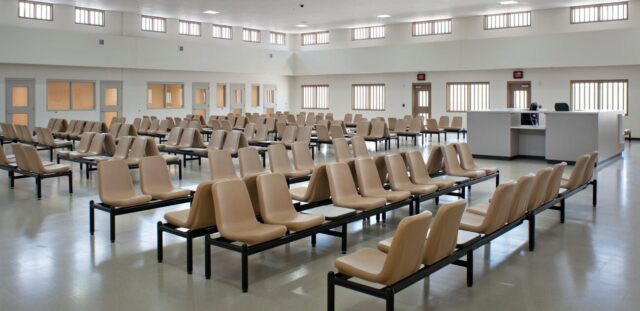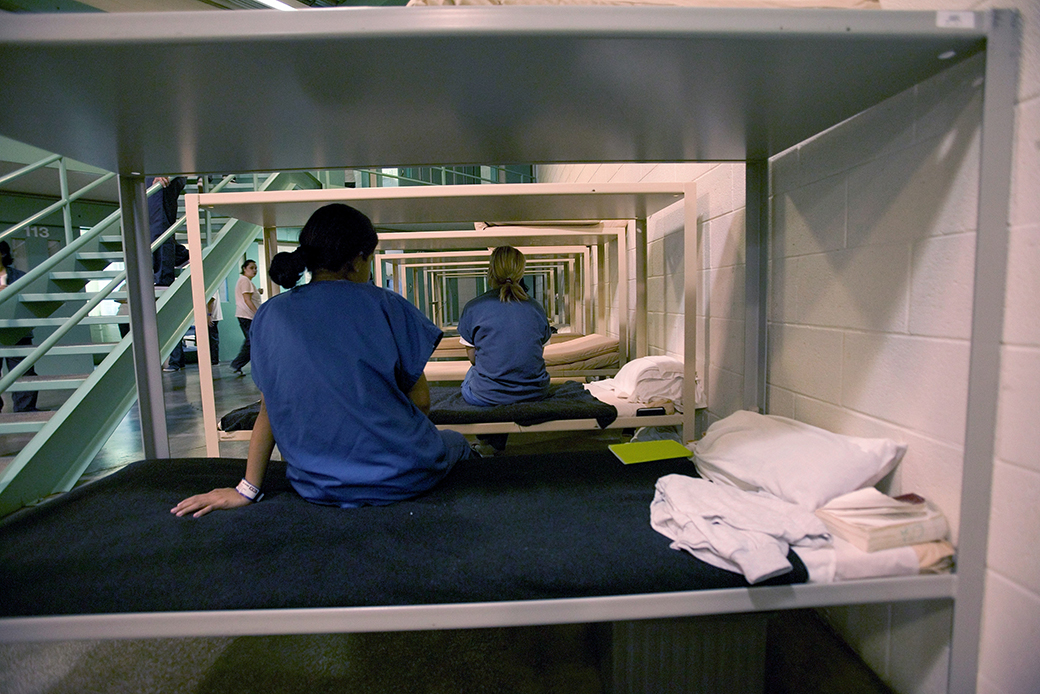
Facing the prospect of a federal prison camp can be an overwhelming experience, filled with uncertainty and fear. As reality sets in, it’s crucial to acknowledge that mental preparation is as important as physical readiness.
The transition from the outside world to a regulated environment will test your resilience and fortitude. Yet, it also offers a unique opportunity for growth and introspection.
In this journey, understanding the psychological landscape of incarceration can make all the difference. How can one mentally brace for the challenges ahead, while also finding pathways to hope and renewal? This article will guide you through essential strategies to fortify your mind, cultivate a positive outlook, and ultimately navigate the complexities of life behind bars with strength and determination.
Understanding the Federal Prison Camp Environment

You will find yourself in a space where inmates are generally non-violent offenders, which contributes to an underlying sense of camaraderie. However, this doesn’t mean it’s devoid of challenges.
Adaptation is key; you’ll encounter a daily routine that includes work assignments, recreational periods, and educational opportunities, all while grappling with the psychological weight of incarceration. As you navigate this world, be prepared for the unexpected—the monotony of camp life can be both a blessing and a curse.
Engaging in programs, forging connections, and focusing on self-improvement can all serve as vital tools to maintain your mental fortitude as you adjust to this unique environment.
Preparing for the Emotional Challenges Ahead
Preparing for the emotional challenges ahead requires a thoughtful approach and a strong support system. As you transition into a federal prison camp, the feelings of uncertainty and anxiety may flood your mind, transforming everyday routines into daunting tasks.
Embrace these emotions; they are natural responses to an unfamiliar environment. Start by cultivating a toolbox of coping strategies, such as mindfulness exercises or journaling, to help anchor yourself amid the chaos.
Reach out to family, friends, or support groups—these connections can serve as lifelines, offering comfort and understanding during dark days. Anticipate moments of isolation or frustration, and remind yourself that resilience is built through adversity.
Remember, it’s not just about surviving this experience; it’s about emerging from it stronger and more self-aware. As you prepare mentally, visualize the person you want to become and hold onto that vision tightly, allowing it to guide you through the storms ahead.
Building a Support System
Building a support system before entering a federal prison camp is not just beneficial; its essential for navigating the emotional landscape that lies ahead. Start by reaching out to close friends and family who can offer both emotional and logistical support, reminding you of your identity beyond confinement.
Engaging in open conversations with them about your fears and expectations can help set a foundation of trust. Additionally, consider connecting with online communities or support groups for individuals facing similar circumstances; these platforms can provide invaluable insights and shared experiences.
The journey can feel isolating, yet fostering relationships with those who understand your situation can alleviate some of the anxiety associated with the upcoming change. Remember, creating this network isn’t merely about having people to lean on—it’s about cultivating a collective strength that empowers you to face the challenge head-on.

In conclusion, preparing mentally for a federal prison camp is a crucial step that can significantly impact an individual’s experience and eventual reintegration into society. By cultivating a positive mindset, seeking support from family and friends, and engaging in self-reflection, individuals can better navigate the challenges that lie ahead.
For a black man facing this reality, embracing resilience and community can provide additional strength to confront the unique hurdles of incarceration. Ultimately, taking proactive steps to enhance mental preparedness can foster personal growth and a sense of hope, ensuring that one emerges from this experience stronger and more determined to build a brighter future.



